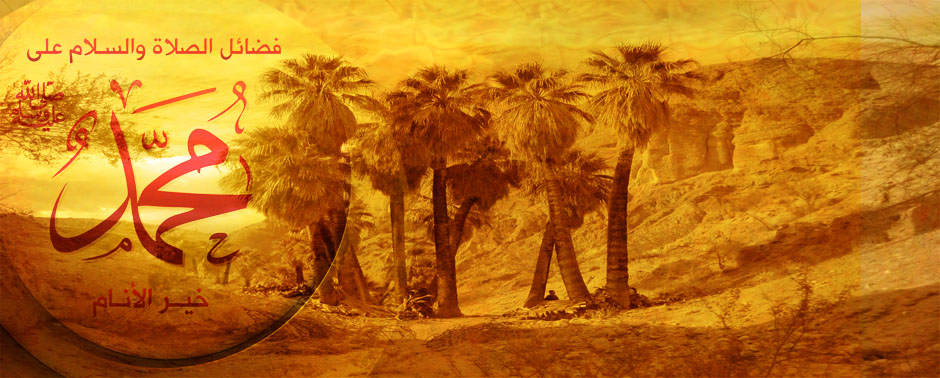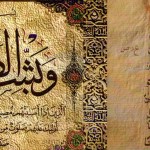Asr-i Saadath : Age of peace, prosperity and happiness
Asr means era and saadath means happiness. This phrase is a term of Islamic history, used to describe the period of Prophet Muhammad (saw). After him, there were many different periods in Islamic history like the periods of Umayyads, Abbasids, Fatimids, Seljuks and Ottomans. Before any of these eras, it was the time and age of our Prophet Muhammad (saw) and history of Islam scholars wanted to mark this period as “asr-i saadath”, meaning age of happiness.
However we wanted to include the words peace and prosperity since using just the word happiness might bring out an unwanted meaning of “blissful” period. Sure there were challenges that early Muslims faced, some of them were heavily tortured and exiled due to their belief and some wars have to be fought, but in general Islam’s prosperity, or in other words “barakah” flourished in this period.
It was the grand inspiration that was seeded in this period that lead to the golden age of Islam between 9th and 10th centuries according to many historians. Contrary to popular belief, long before medieval Europe’s renaissance and reform, Islamic countries experienced abundance of innovations and discoveries in many scientific fields like astronomy, chemistry, physics and medicine.
All of these innovations and task of pioneering the humanity needed a certain mental state of discipline and higher consciousness of spiritual level. These stimulations were initiated from asr-i saadaeth since the sahaba, Prophet Muhammad(saw) close companions experienced in first hand his wisdom and his devotional connection to Allah(j.j) and his moral values and spiritual degree.
Rasulullah(saw) was the teacher of sahaba in this age of peace, prosperity and happiness. His habits guided them which was inspired directly from Holy Quran. Therefore the sahaba in asr-i saadath kept a firm grip of their thesis and their grand purpose related to Islam. This purpose was the sole navigator in their lives.
In an other note, perhaps Islamic historians wanted to articulate the “innocence and purity” in that period by calling it “age of happiness”.









You must be logged in to post a comment Login